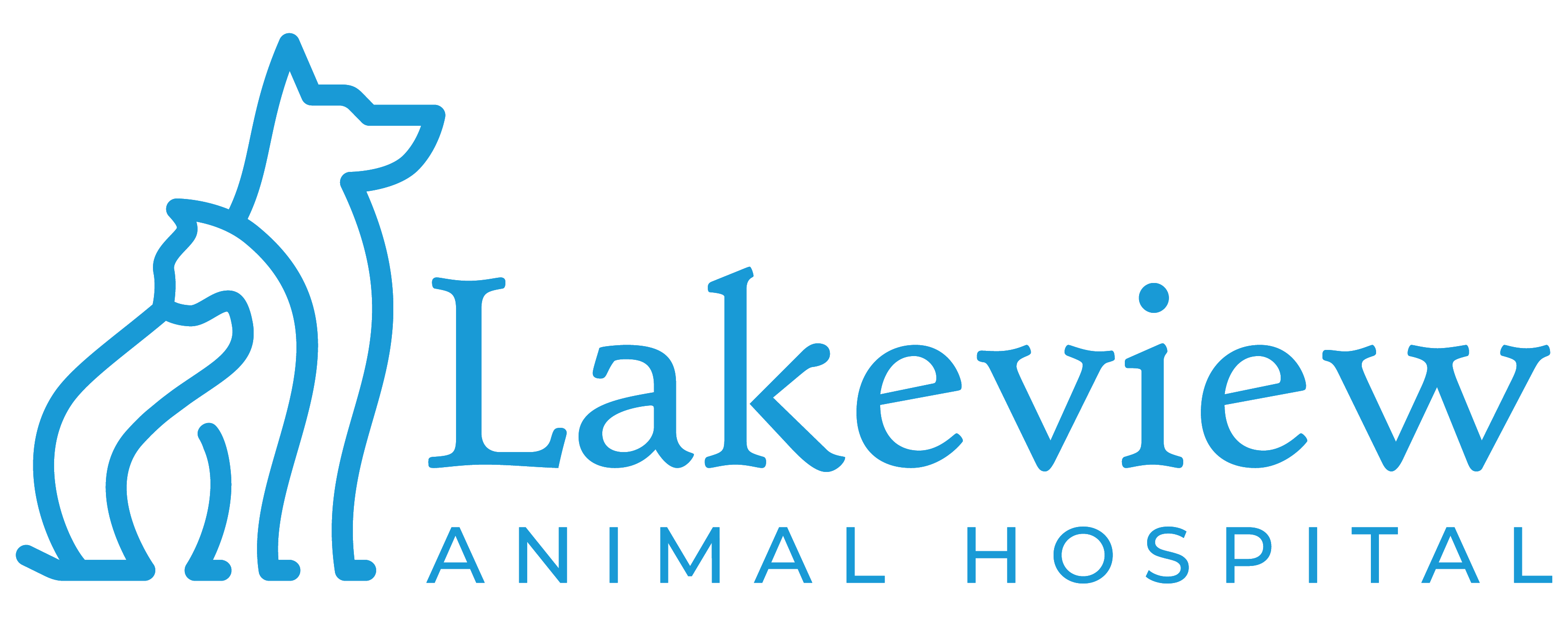Educational Articles
-
Alprazolam is a medication given by mouth as a tablet or liquid used off label in cats and dogs to treat anxiety and phobias. Common side effects include sedation, increased appetite, or uncoordinated walking. This medication should not be used in pets with a paradoxical reaction and should be used with caution in debilitated, geriatric, pregnant, lactating pets, or in pets with liver or kidney disease, or glaucoma. If a negative reaction occurs, please call your veterinary office.
-
Aluminum acetate solution, Topical (Burow's solution) + hydrocortisone (Corti-Derm®, Cort/Astrin®, Hydro-B 1020®), is a topical treatment used to relieve inflammation and itchiness in dogs. It is also commonly used to treat ear infections (otitis externa) in dogs due to its antibacterial effects and anti-inflammatory effects.
-
Aluminum acetate solution, topical (Burow’s solution) is an astringent and drying agent used for the temporary relief of minor skin irritation in dogs and cats. Burow’s solution is also commonly used to treat ear infections. Burow’s solution is available as an over-the-counter human product but should always be used under the supervision and guidance of a veterinarian.
-
Aluminum hydroxide is commonly used off label to treat high phosphate levels in pets with kidney disease. It is given by mouth, with meals, in the form of a liquid gel, powder, or a compounded capsule. The most common side effect is constipation, and therefore it should be used with caution in pets with a gastrointestinal obstruction or pets prone to constipation. If a negative reaction occurs, please call your veterinary office.
-
Amantadine is an antiviral medication given by mouth in the form of a tablet, capsule, or liquid, that is mainly used off label for its pain control effects in pets. Common side effects include agitation and gastrointestinal effects. It should not be used in pets that are allergic to it, or that have untreated glaucoma. It should be used with caution in pets with liver, kidney, or heart disease, or in pets with eczema or seizures. If a negative reaction occurs, please call your veterinary office.
-
Amitraz is a topical solution in the form of a medicated dip, spot-on treatment, or collar used to treat demodectic mange or for the prevention of flea and tick infestations. Common side effects include sedation, incoordination while walking, slow heart rate, gastrointestinal effects, skin irritation, and temporary high blood sugar. This medication is contraindicated in very young animals, and used with caution in old, debilitated, diabetic, or small-breeds. While animals may exhibit signs of sedation, contact your veterinary office if your pet cannot be aroused from sleep or if the sedation lasts for more than 72 hours. Amitraz is toxic if swallowed.
-
Amitriptyline is a tricyclic antidepressant. Amitriptyline has been prescribed to treat separation anxiety in your dog or to treat excessive grooming, urine spraying or anxiety in cats. In birds, amitriptyline may be used for behavior problems such as feather picking. This medication may also be used to prevent itching in dogs, to treat neuropathic pain or to decrease the signs of urinary tract inflammation in cats.
-
Amlodipine is given by mouth and is used on and off label to treat high blood pressure in cats and dogs. Common side effects include vomiting, diarrhea, lack of appetite, sleepiness, or gingival (gum) overgrowth. Do not use in pets that are allergic to it, are in shock, have aortic stenosis, or are in liver failure. If a negative reaction occurs, please call your veterinary office.
-
Ammonium chloride is used off label and given by mouth to treat metabolic alkalosis, struvite stones, and certain toxicities occasionally in small animals and more often in large animals. The most common side effects include pain at the injection site or stomach upset if given by mouth. Do not use in pets with severe liver, kidney, heart, or lung disease. If a negative reaction occurs, please call your veterinary office.
-
Amoxicillin is given by mouth and is used on and off label to treat certain bacterial infections in a variety of species. Common side effects include gastrointestinal effects such as lack of appetite, vomiting, and diarrhea. Do not use in pets that are allergic to it or other penicillins, cephalosporins, or other beta-lactam antibiotics, or in rabbits, guinea pigs, chinchillas, hamsters, or other small mammals. If a negative reaction occurs, please call your veterinary office.

